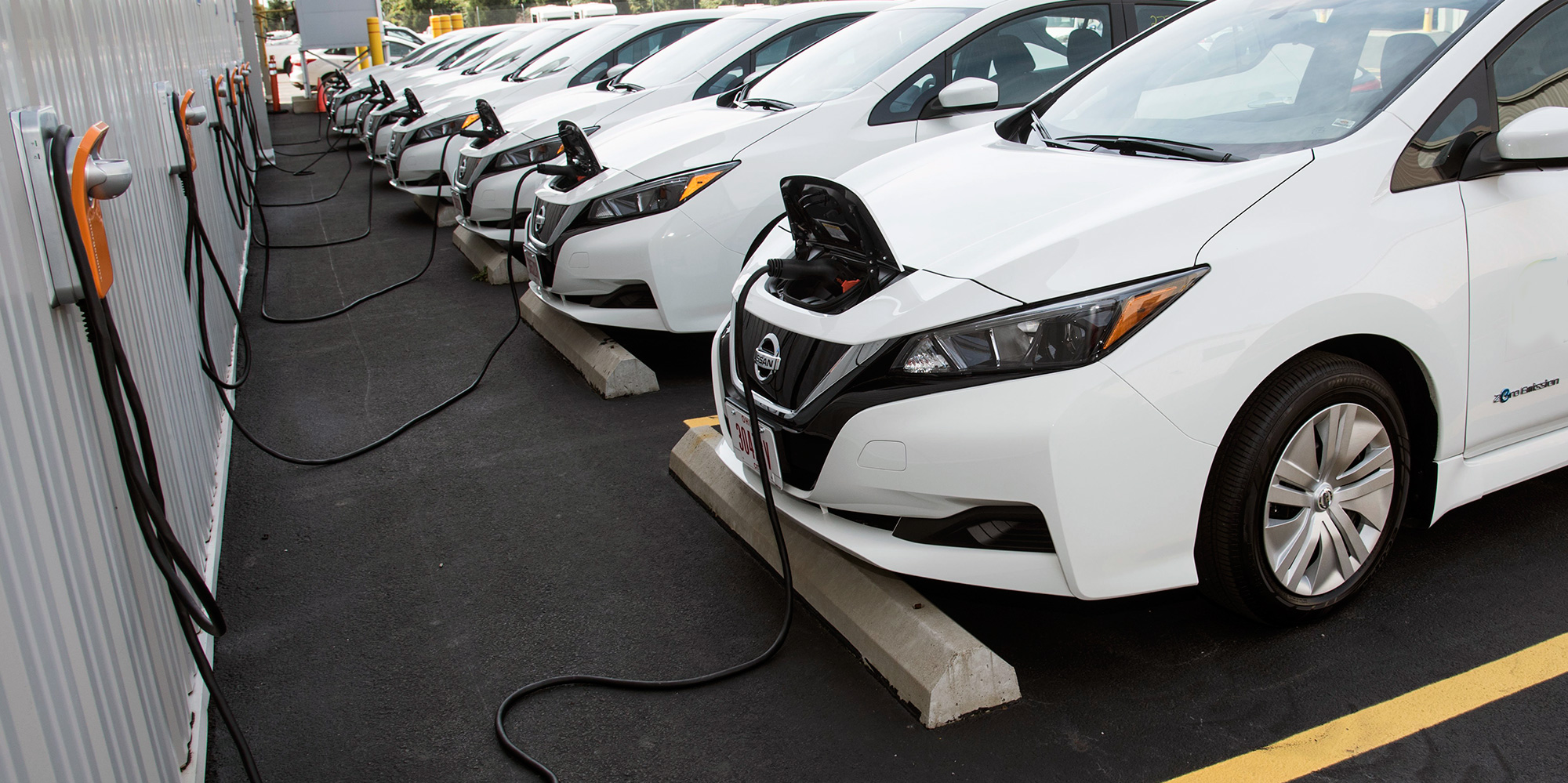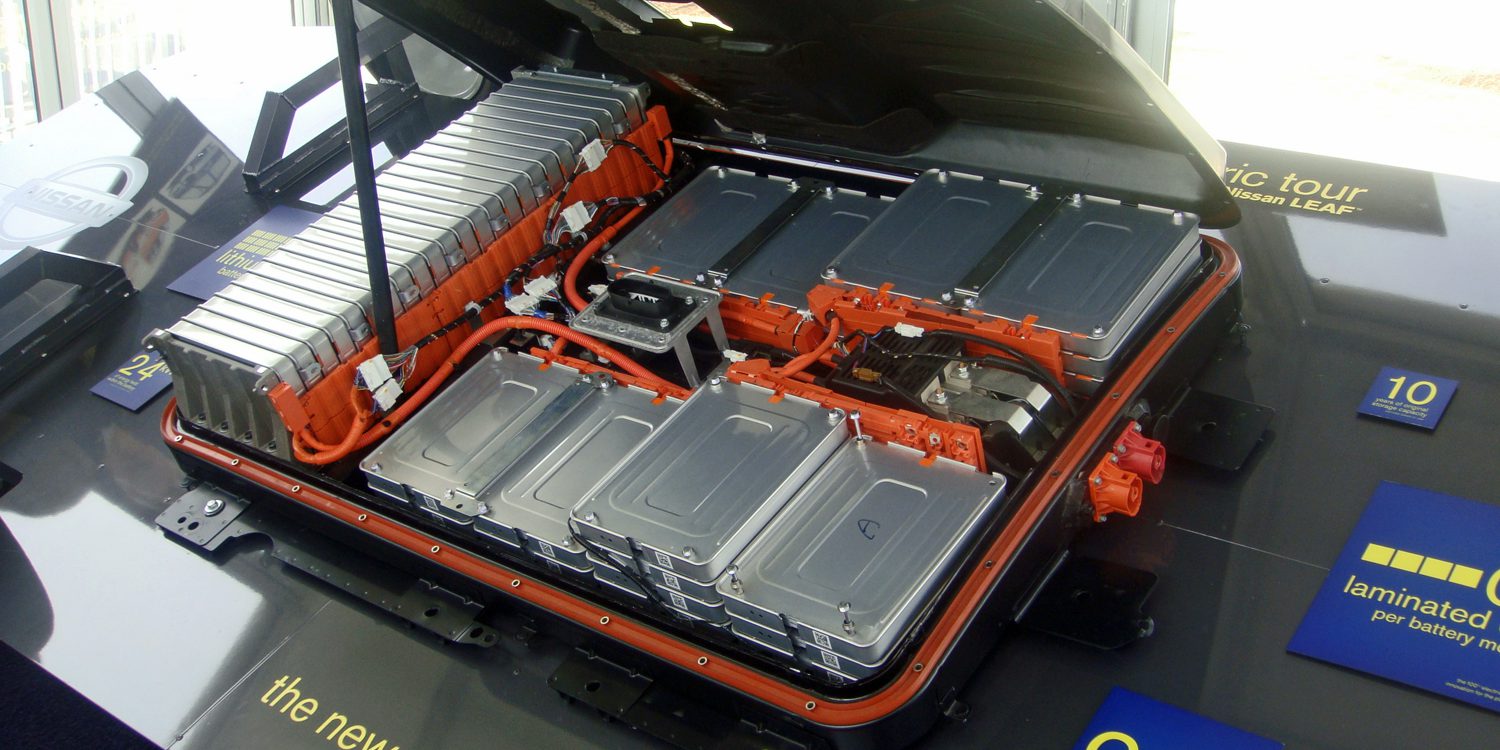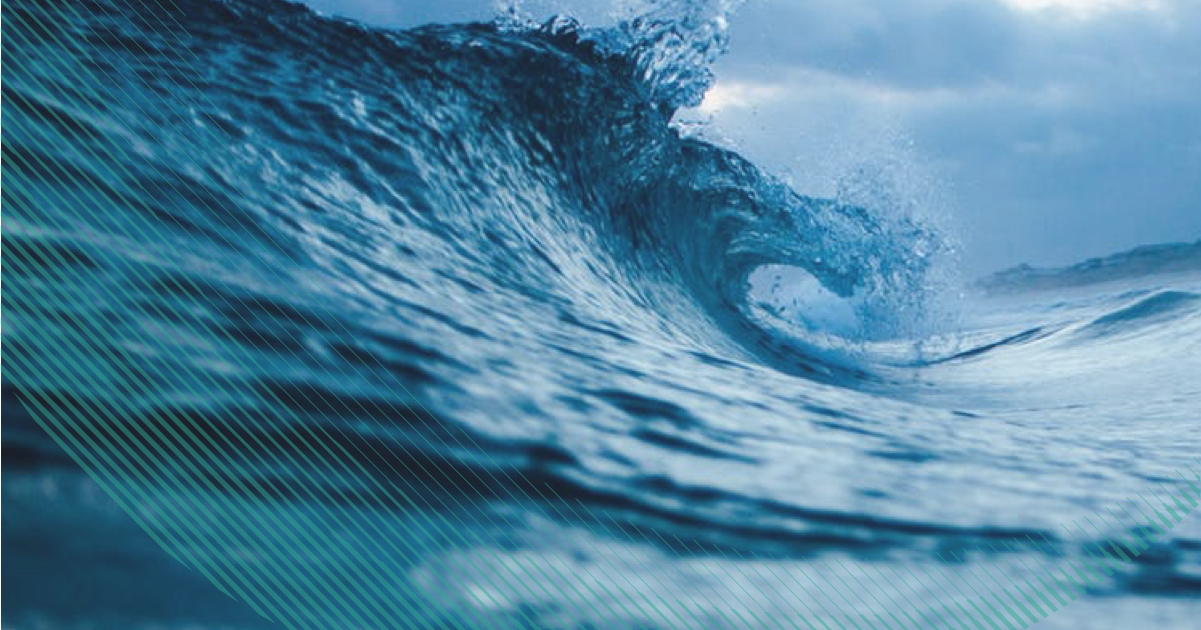I'll put a few thoughts out there, seeing as you've asked:
* There is a cost to the environment in manufactory every new electric vehicle. Materials used have to come from somewhere, while there is associated polution from same. That cost needs to be recouped, before we can all start claiming they make a net positive contribution to current environmental problems caused by Diesel and Petrol cars.
There is an environmental cost to producing everything and that should be factored into cost. The question to ask in my opinion, is the life emissions of the electric vehicle more or less than the equivalent ICE? And is it the case at the same scale of production of the equivalent ICE?
EVs dont have to have a net positive impact either, a lesser negative impact would be fine too.
* Given the cost of purchasing a new electric car and the subsequent depreciation rate (keeping in mind the likely life of the battery and cost of replacing same, or more likely scrapping the car), the monetary cost to motorists is prohibitive. The lifespan of a well maintained petrol or diesel car is 3-5 times more than an electric car. So why not maintain and improve your existing car, rather than further negatively impact on the environment by producing lots more new electric cars over the next 15-20 years?
Random, fantastical statement. 3-5 times? So an ICE car lasting 30 years implies the lifespan of an EV of 6-10 years? EV batteries are normally warrantied for 5-8 years.
The existing car IS being improved! Performance, handling, environmental impact, consumables, maintenance requirements, functionality, cost of ownership (depending on type of use) all improved as a result of changing the power train traded off with the obvious negatives but still.
* Electricity to power the vehicles has to come from somewhere. Do we over extend the national grid by bringing more electric vehicles onto the network, requiring regular charges? Do we wait until we have more wind and solar or wave power being generated first and what of the cost of putting same in place (money and impact on the environment from sourcing the required materials)? Do we run more cables under water to source electricity from the UK and France, where Nuclear power is a common feature and by extension, embrace a power source that we've opposed for decades due to risk is major accident etc?
How's that, for a bit of opposition to electric cars?

Valid questions, though we are a net exporter of electricity through those undersea cables. Also, part of the reason for running those cables is to ensure our energy security, of which we are completely and utterly externally dependent.
I cant get over the idea that we export a significant portion of national income, in such volumes, that producers can extract (by drilling or fracking) from the earth, refine it and ship it to Ireland and then sell it for less than the cost of buying a bottle of water? Conceptually I think thats mad!
Of all energy inputs in Ireland, the losses for producing and transporting that electricity are 42%. So we actually use 58% of all electricity produced. We actually use 81% of wind,hydro and waste energy that is produced.
"Generating electricity in traditional thermal power plants using coal, peat or biomass has low efficiency. Electricity generated from wind and hydro is 100% efficient. "
Modern societies are dependent on reliable and secure supplies of electricity. Electricity generation accounts for a third of all primary energy use in Ireland.

www.seai.ie



